FOR IMMEDIATE RELEASE
Let’s Get the Lead Out of Our Wildlife
Eugene, OR August 24, 2015
This month The International Wildlife Rehabilitation Council (IWRC) published a position statement advocating for the elimination of lead released into the environment via lead based ammunition and fishing tackle. Effective alternatives, such as steel shot, copper bullets, and tungsten fishing weights, are available in North American and European markets and becoming more widely accessible elsewhere.
Raptors and scavengers, including vultures, condors, and eagles are unintentionally poisoned when they eat the remains of animals hunted using lead ammunition. Loons and swans directly consume lead shot or fishing tackle while feeding. Changing to non-lead ammunition and fishing tackle can prevent scavenger poisonings and decrease the chance of aquatic poisonings. Because of lead shot and sinkers left in the mud of ponds and rivers, stopping future use will not completely resolve the poisoning of water birds.
The World Health Organization has listed lead exposure as unsafe at any level. Even sub lethal levels may cause immunological and neurological problems, biochemical and behavioral changes, and physiological disorders that may affect immune response and reproduction. Over 500 peer-reviewed papers demonstrate the deleterious effects of lead on wildlife.
“Wildlife rehabilitators are the first responders of the lead toxicity epidemic and we need to relate what we are experiencing every year”. IWRC Executive Director, Kai Williams comments. Ms Williams sits on the HSUS Lead-Free Wildlife National Advisory Council, along with hunters, scientists, and biologists.
END
###
Media Contact: Kai Williams director@theiwrc.org @malkahkai @theiwrc 866-871-1869 x1
Twitter hashtag: #GetTheLeadOut #leadpoisoning
Lead Poisoning Position Statement http://52.188.106.177/wp-content/uploads/2015/08/lead-statement.pdf
Photos (click individual photos for captions and version downloadable by press. Use only with this story)
About The IWRC (The International Wildlife Rehabilitation Council)
The IWRC is a 501c(3) nonprofit organization that provides science-based education and resources on wildlife rehabilitation to promote wildlife conservation and welfare worldwide. IWRC was founded in 1974 and has spent the last 41 years helping wildlife by training and supporting wildlife caretakers through our peer reviewed journal, classroom and online courses, standards, and manuals. IWRC training programs include course topics such as basic wildlife rehabilitation skills, nutrition, pain management, parasitology, and have been taught in over 10 countries.
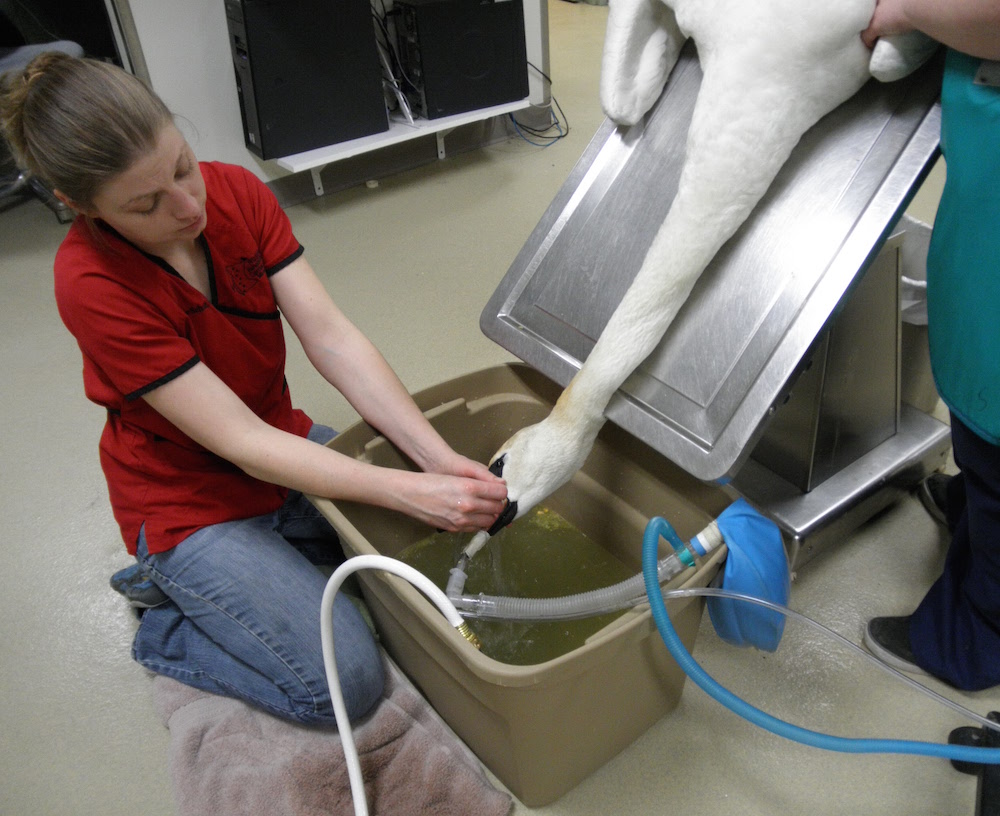
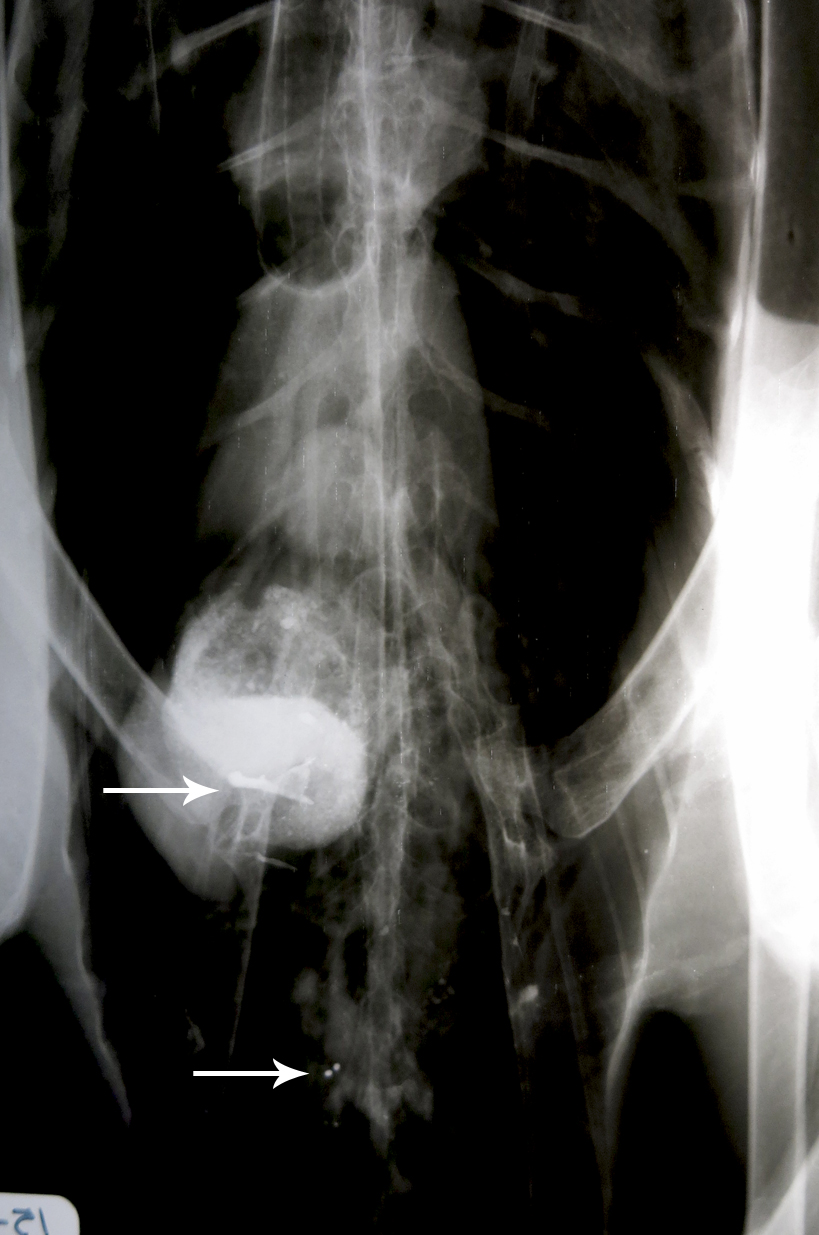
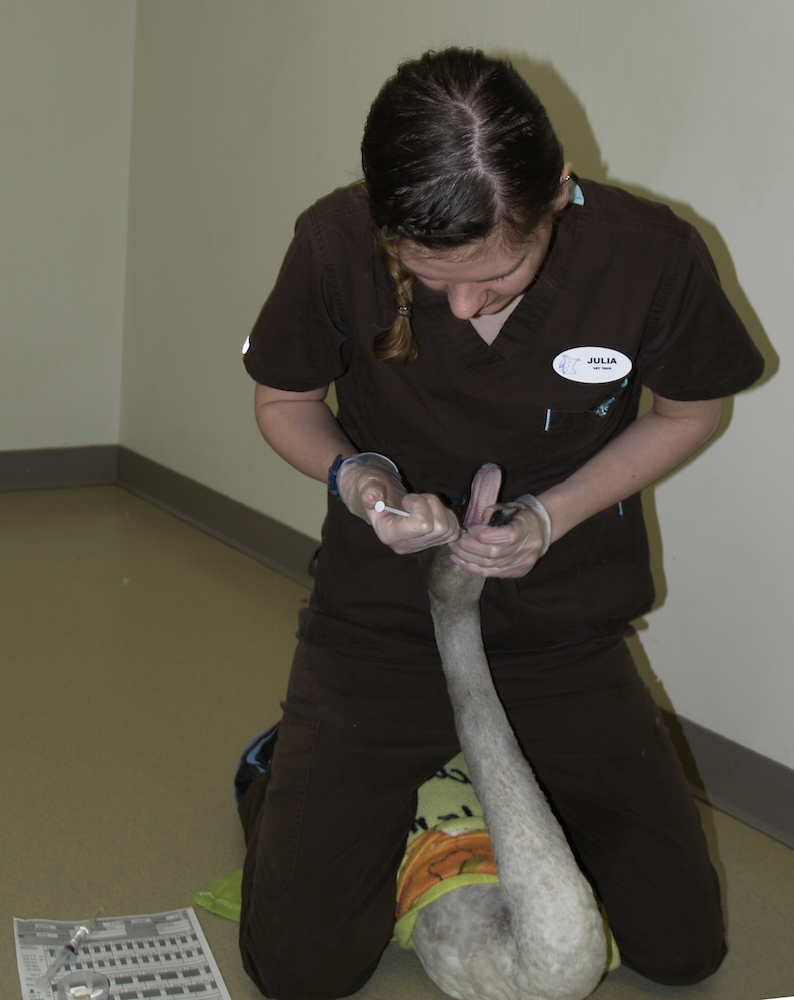
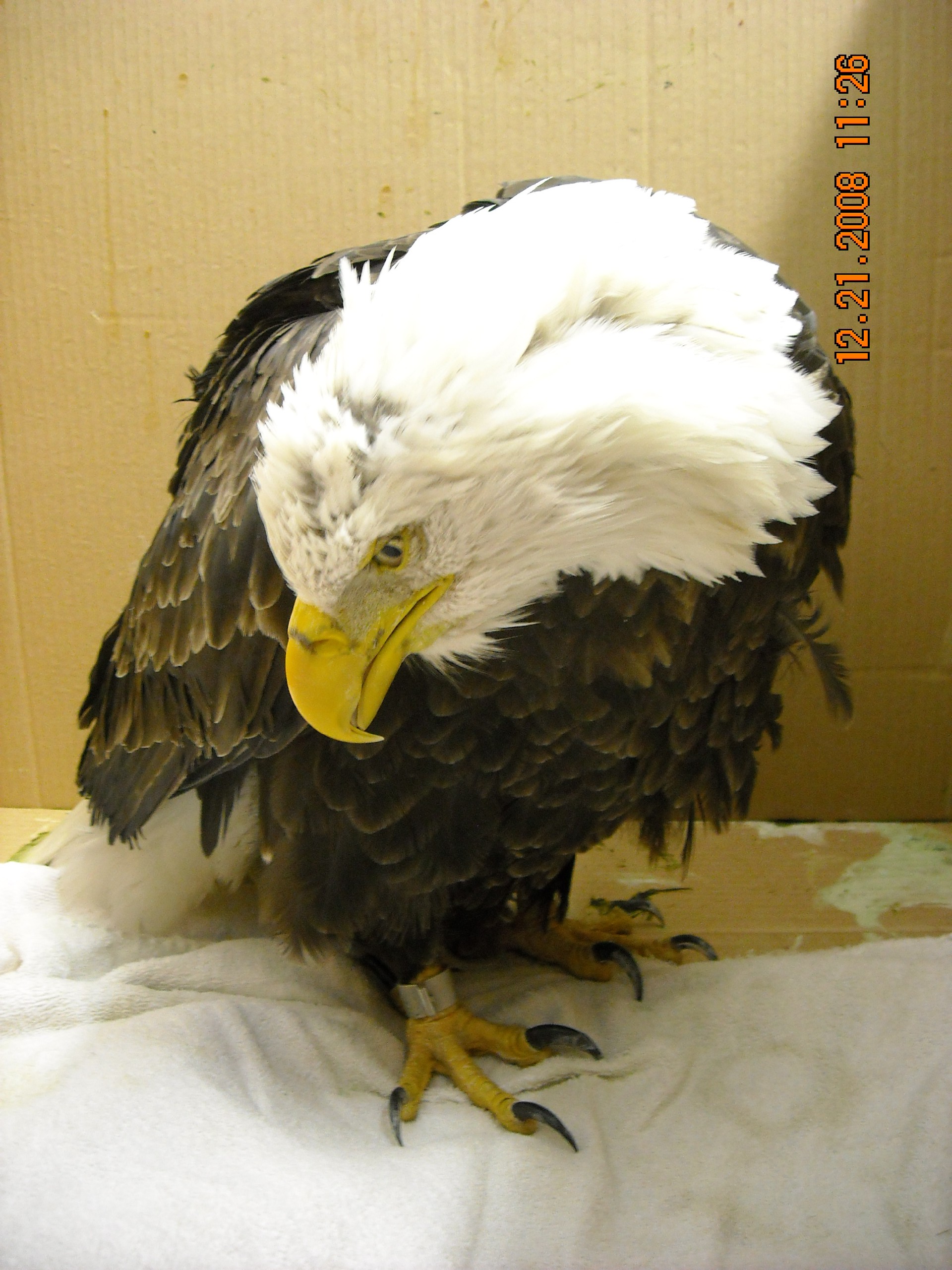
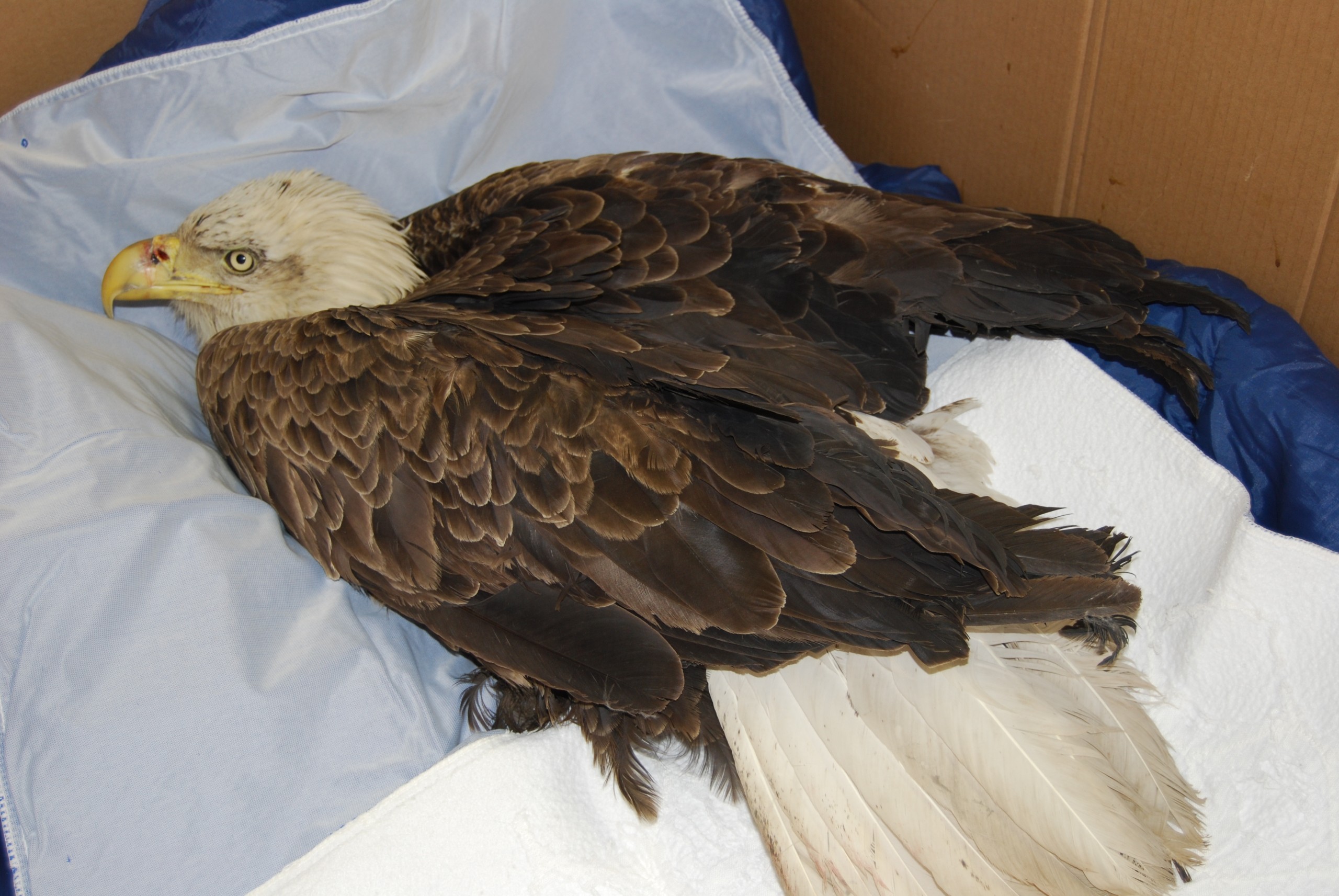
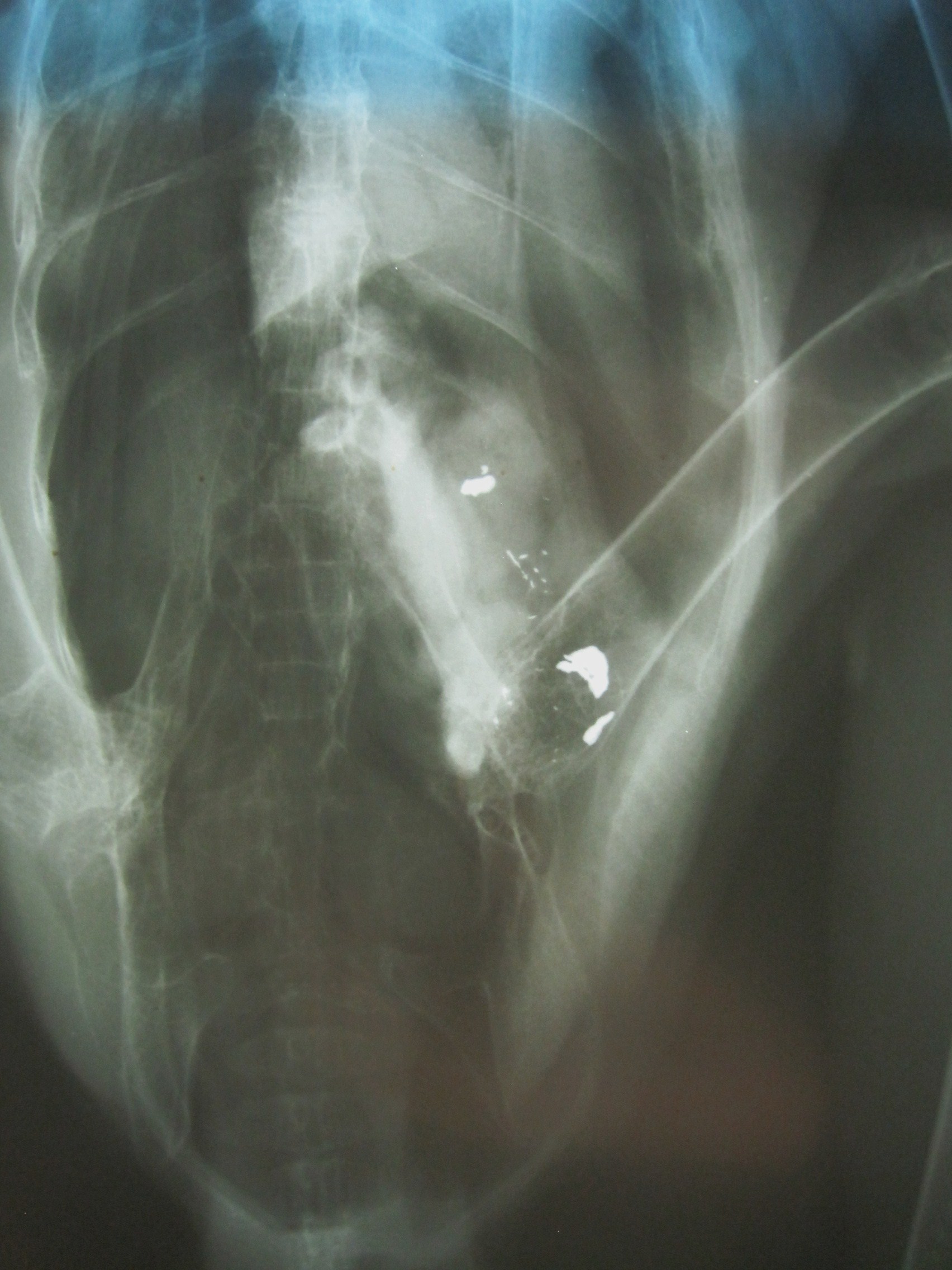
Leave a Reply
You must be logged in to post a comment.